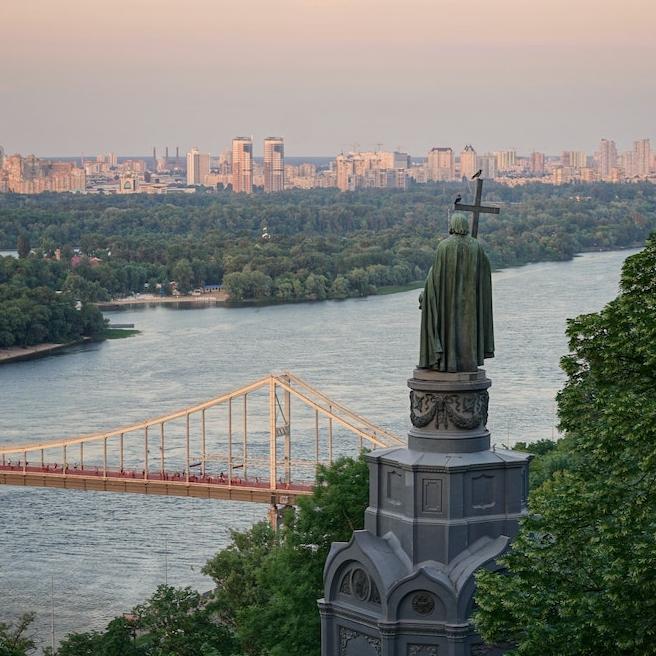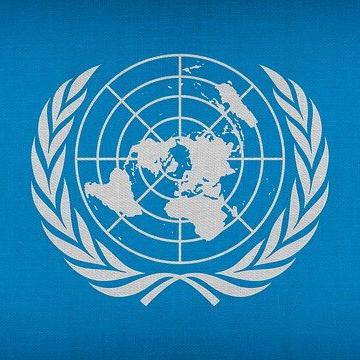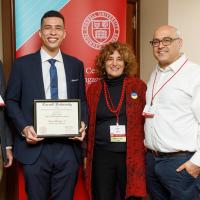HIST 3525 Life and Death in China Under Mao (also CAPS 3525) (HST-AS)(HAN)
Tuesday and Thursday: 10:10-11:25 plus Independent Research
Professor Peidong Sun
How to define and interpret the human condition in China under Mao’s ruling (1949-1976)? What was human resilience in the face of power? How did Chinese people constantly find ways to re-organize their lives in a pragmatic way? How to evaluate the human cost of institutional arrangements? In this undergraduate course, we will use first-hand resources and case studies to closely analyze life and death in the Mao Era. Reading the lived experiences of five social classes, such as industrial capitalists, workers, peasants, cadres, and intellectuals, in those successively political movements after 1949, students will gain an understanding of how the Chinese navigated their lives in difficult times. They might be a senior partner for Shell in Shanghai, a hearted Christian and wife, an outspoken intellectual who was persecuted over years, and a former hard laborer who is today one of Asia's best-known financiers or women from China's countryside and so forth. The course will shed light on the interrelations between institutional frames, individual identity, gender and revolutionary politics in the Mao Era and will highlight the many different experiences of life and death in Mao’s China, in terms of class, gender, generation.
Class Roster: https://classes.cornell.edu/browse/roster/FA22/class/HIST/3525
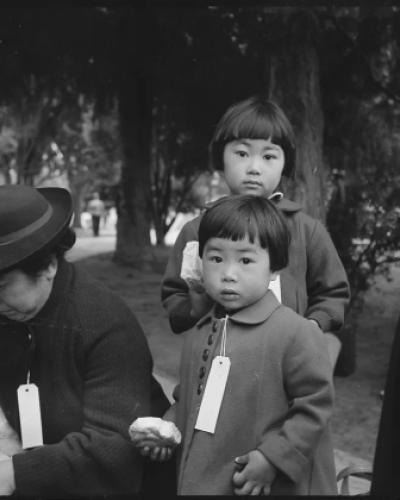

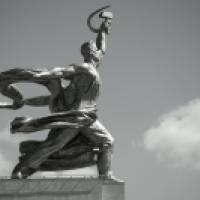
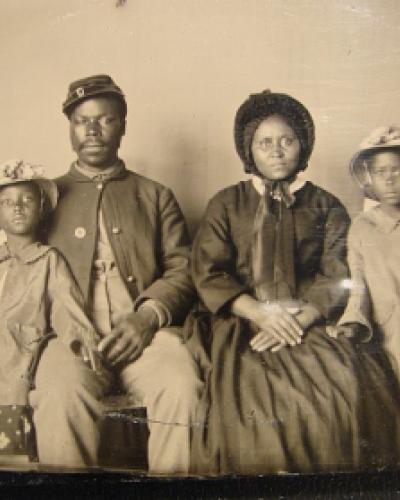
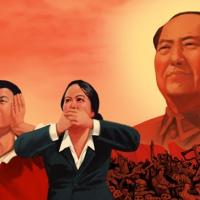
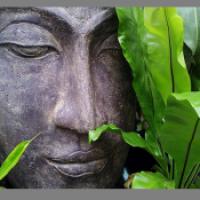

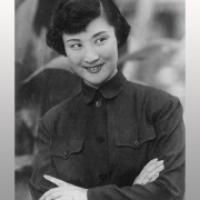

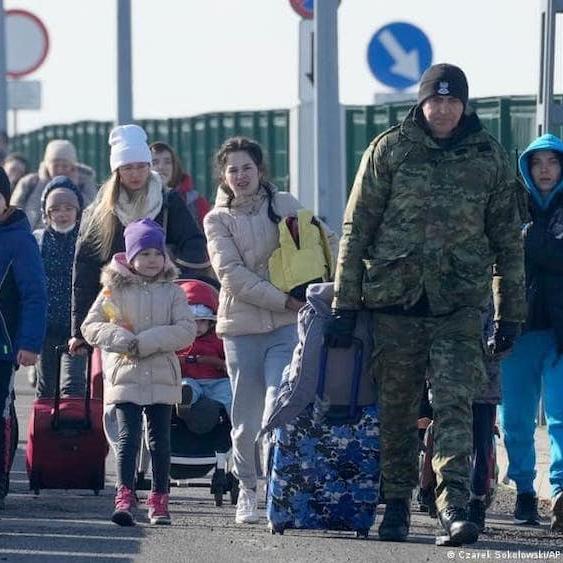

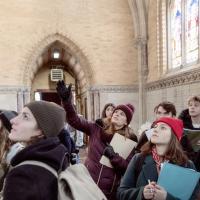
.jpg)


